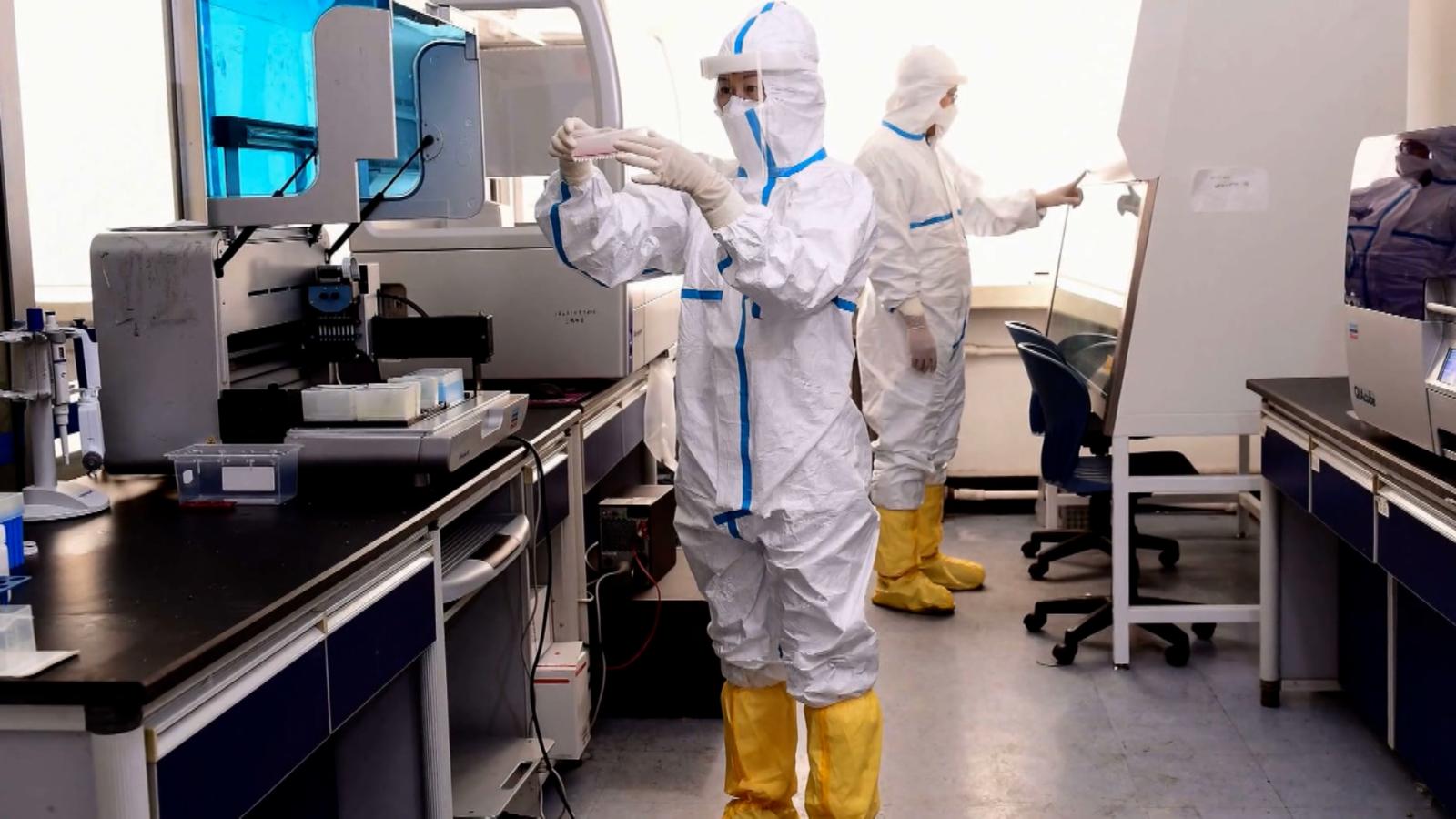Dr. Huerta explains what is known about the Langya virus 1:57
Editor's note:
Kent Sepkowitz is a physician and infectious disease expert at Memorial Sloan Kettering Cancer Center in New York.
The opinions expressed in this article are his own.
See more opinions on CNN.
(CNN) --
Just when you thought the year 2022 had already delivered a century of fearsome infectious diseases, from Covid-19 to monkeypox to polio, last week's headlines warned of yet another.
In eastern China, the Langya virus may have jumped from the white-toothed shrew to humans.
It has already sickened dozens of people, but has not caused any deaths.
Many will wonder what is going on here.
Why do so many infections appear so quickly?
There are several possible explanations: perhaps a warmer, more densely populated world is more hospitable to all sorts of new pathogens;
perhaps new molecular techniques are only now allowing us to diagnose the cause of the endless nameless colds, snot, and rashes that previous generations couldn't name, creating a concrete "outbreak," not just a "lousy winter."
Another possibility is that the growing mistrust of the science behind refusal to vaccinate or wear a mask has pushed centuries of medical progress back to pre-Enlightenment days, when only prayer and perhaps a few coins for an indulgence they could determine a destination;
Or maybe it's the internet fueling a clickbait craving for health scares like scary movies.
Whatever it is, the moment has created a race to find someone who can predict the future, no experience necessary.
This search for a crystal ball specialist dates back millennia: the Oracle of Delphi dominates the stories of ancient Greece, while astrologers and clairvoyants have played a similar role for centuries.
advertising
New Langya virus found in China could be just the 'tip of the iceberg', researchers warn
Among those who have at least a little experience in the scientific world, we have the meteorologists, the stock analysts, the political pollsters and the Las Vegas bookies, who do everything they can, but in the final analysis , they only guess, no matter how successful the attempt.
To this list was uncomfortably added a new mythical creature: the public health expert who is able to see the future accurately and declare what, if anything, we must do to be safe.
This is a very difficult task.
We are more than two and a half years into the pandemic and our predictions do not seem to improve much.
The twists and turns of the covid-19 pandemic have humbled us all, possibly compromising the future of forecasting.
Predicting what might happen, even when you know a subject well, requires an odd mix of experience, insight, intuition, bravery, if not selfishness, and a flair for the dramatic.
But being repeatedly judged threatens to lead to shyness and procrastination, the worst traits for anyone trying to prepare for tomorrow.
Add to this the harsh headwinds provided by an angry anti-vaccine, anti-scientific minority, and the task is even more difficult.
Little-known adeno-associated viruses could provide clues about hepatitis of unknown origin in minors, according to studies
For doctors, being wrong, often and prematurely, is part of the daily routine.
We're used to it: An X-ray may look abnormal, but on repeat, the area of concern turns out to be just a tangle of blood vessels.
A heart attack that surely seems serious is settled with a short and uneventful hospital stay, while in other cases, what seems like a minor heart attack turns out to be fatal a week later.
Every day has its brutal lessons.
But public health is different.
The relationship of a doctor with a patient is a basic human encounter anchored in a shared reality.
Instead, the relationship with a loosely defined audience floats on its own without clear rules of engagement.
This lack of known limits is most evident in the current tendency to blame health experts, and not the disease they are trying to control.
Or to blame them for what seems like a poor recommendation, only to criticize them a day later for delays in their next round of recommendations.
In a sense, all of this is to be expected;
we all blame the messenger too often.
But what is less easy to understand is this: a week after the derision and rejection, the same public is rushing to hear the same experts pronounce on the next threat, whatever it may be.
Experts can fail test after test, but they never back down.
Quoting the Woody Allen movie "Annie Hall": "Boy, the food at this place is really terrible."
"Yeah, I know. And the portions are so small."
"Like an iPhone": Moderna CEO looks to the future with an annual vaccine against multiple viruses
This last step is surely evident in the Langya virus report.
On the heels of publication in the
New England Journal of Medicine
earlier this month, advice to worry or not worry so much about the spread of zoonotic diseases was everywhere.
Soon there may be more experts giving advice than cases identified.
Adjusting to the news of another pathogen is surely unsettling and seeking guidance makes perfect sense.
However, perhaps we should greet the prediction not as an infallible collection of future events, but rather with the same mix of caution and hope with which we would greet the prediction of a baseball expert who, in August, is tasked with predicting who will win the World Series in October.
Either that, or we should just stop asking people to predict the future.
Otherwise, every prediction that misses the mark, even slightly, only serves to erode public confidence, not only in the forecasts, but in the entire complex task of controlling the pandemic.
langya virus







/cloudfront-eu-central-1.images.arcpublishing.com/prisa/GLQIPWOC3VBT3BKZRNAZOQJEQU.jpg)

